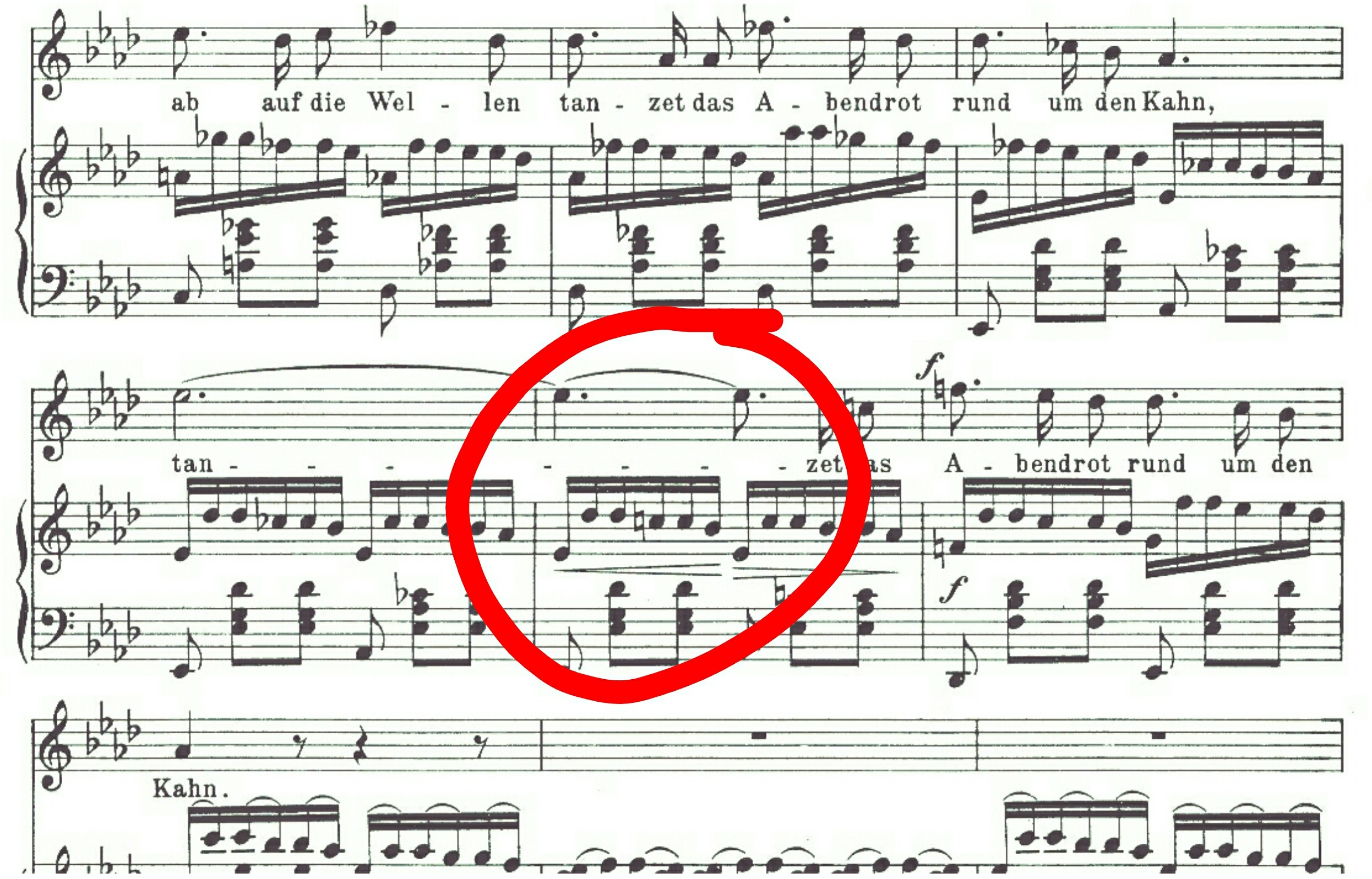On Air Now
Classic FM Breakfast with Tim Lihoreau 7am - 9am
19 November 2015, 17:31 | Updated: 6 January 2017, 14:45
Close the door and put your headphones on. Here are the harmonies, cadences and melodies that do it for us. There will be lots of tingles.
A musical 'skin orgasm' is a scientific thing. Studies have shown 80% of people have a physical reaction to music. 10% feel shivers, and 5% experience goosebumps on their skin. Researchers say that this physical reaction to music, for very a small proportion of people, can compare to the experience of sexual sensory overload.
Shivers, chills, skin orgasm - call it what you like. You know it when you feel it. Here are the moments that do it for us.
It's in Latin, it's sung in stone places with Gothic arches, and Thomas Tallis's choral masterpiece for 40 voices is overflowing with pure musical sensuality. Layers of overlapping lines alternate with overwhelming moments of unison singing. But we think the ultimate moment comes in the final bars, with a false relation (a major third against a minor third) sounds throughout those massed voices. Experience it for yourself. The tingle-inducing harmonic moment's at 8'57".
We all know this beautiful, evocative piece, but it's the final chord that makes us feel weird things. Claude leaves us hanging in a state of impressionistic, pianistic ecstasy. With a chord that lacks the tonic top note. So simple, and yet held in a state of unresolved resolution, and the only thing to fill the harmonic void is a cascade of tingles.

Those early Romantic composers, they knew how to wear their hearts on their sleeve and express those throbs of physical/pastoral/poetic pleasure. This Lied by Schubert portrays shimmering waters as the poet glides above. The cascading piano notes are beautiful, but it's the modulation from A flat minor to A flat major (at 58 seconds, guys) that will make you feel like you've dived into that exquisite lake.
(And it’s all the more pleasurable when sung by that silky-voiced all-time barihunk Dietrich Fischer-Dieskau)
Yes, binary form can be sexy. Bach's variations are an exploration of all kinds of mood: tender, noble, silly... but it's the searching chromaticism of this, the longest and slowest variation that just reaches out and holds you. Here are the complete variations - listen and wait for the one which sends chills through your body for a good seven and a half minutes.
We all love the cello, But the long, lyrical lines of Dvorak's masterpiece are the perfect vehicle for every nuance of the instruments sensuality. Feel that vibrato, that rosined bow on the string and that occasional fingerboard rasp.
Aggressive strings begin the movement and then shop with the appearance of the most beautiful, lyrical and tenderly pianissimo piano melody. Strings dominate again, but sublime piano returns once more. The dialogue holds you in stillness, before blooming with an exquisite release of tension with strings and piano coming together in unison. Every second is magical, and tingle-worthy.
Composers like Beethoven and Brahms stretched Sonata form as far as it could go - and in doing so found moments of magic like this one. We have the themes of the exposition, the turbulence of the development section and at that point, just as we expect all the resolution of the recapitulation, Brahms does something different - instead of the resolution, we find softly cascading notes in the solo piano. It's like the soloist holds you there, hanging above the harmonic resolution with tingling tension (you'll find it at 12:55). Oh, Johannes, you knew how to make things feel lovely. (H/T to Hongwan Liu for this one)